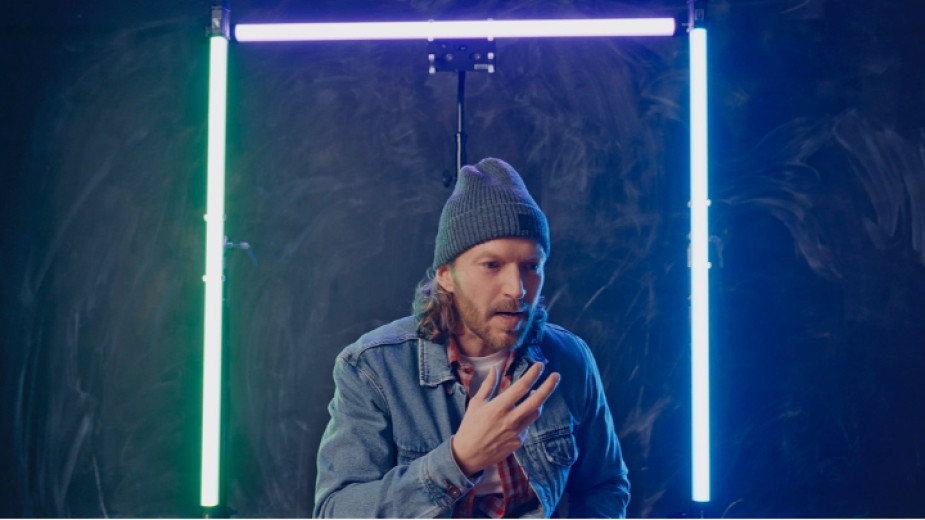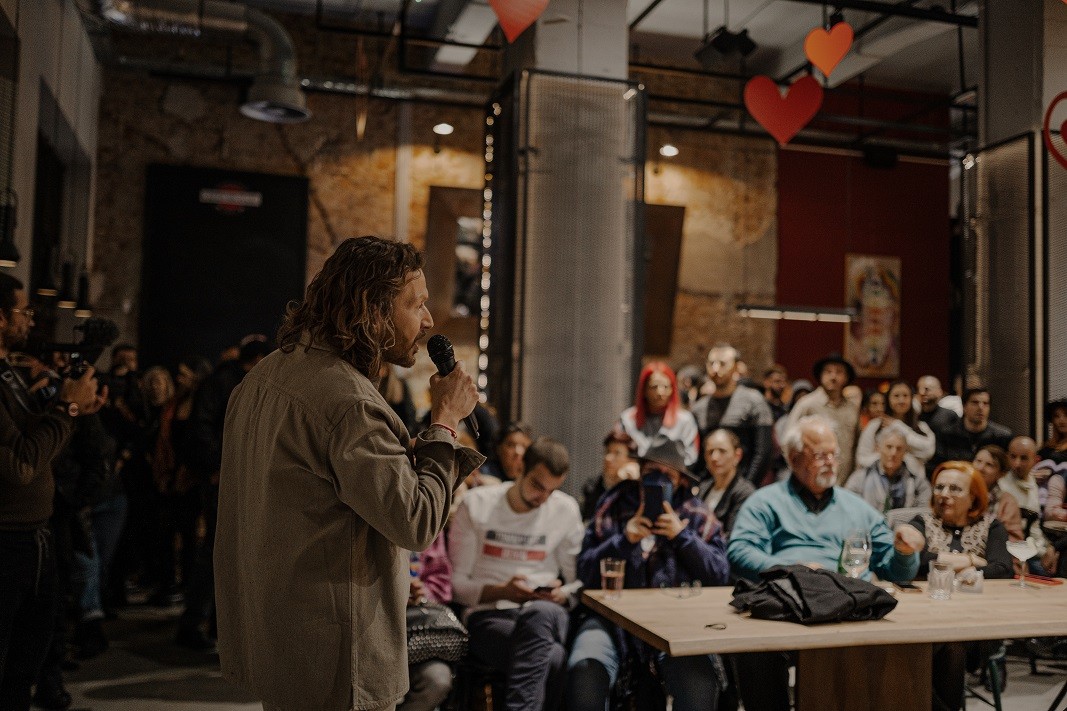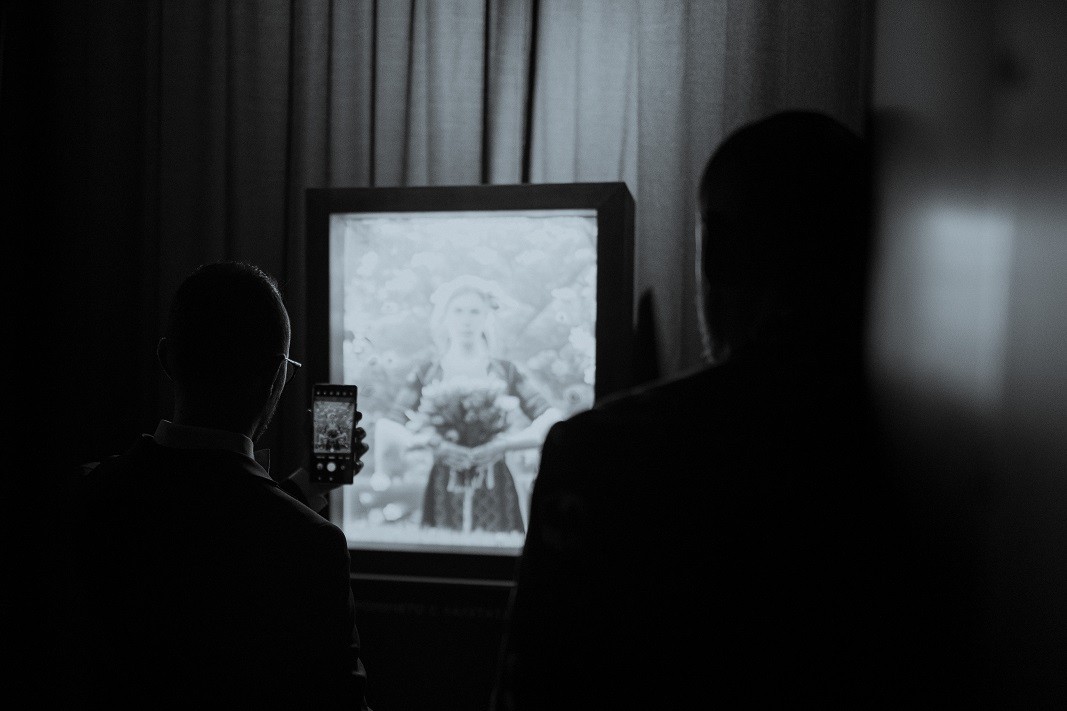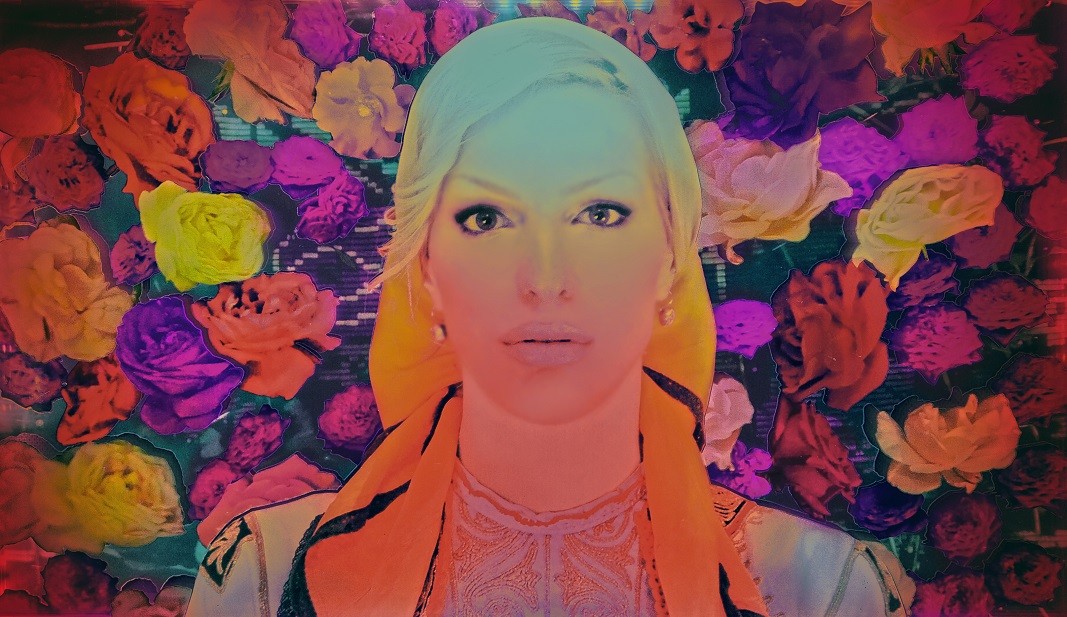 7
7
On November 16, 1996, the UN General Assembly adopted a Declaration of Principles on Tolerance and the date was declared International Day for Tolerance. It is a day to reflect on respect, acceptance and understanding for all the world's wide diversity of cultures, for all forms of human individuality. All those things that contribute to the development of a society, to its cohesion and prosperity.
We are going to tell you about an exhibition that months ago lifted the curtain on tolerance in Bulgarian society and today tells the world about it. It all starts with the paintings of one of the greatest Bulgarian artists - Vladimir Dimitrov-Maistora (The Master) (this year marks the 140th anniversary of his birth - ed.) and ends with their contemporary interpretation by the visual artist Mihail Vuchkov-Misho.
In the spirit of old times, traditional national costumes, the natural beautiful landscapes and the Bulgarian rose, the Master's works were "translated" by Misho into the 21st century, but instead of the pretty lasses of the countryside, we saw the colorful glowing faces of "the other Bulgarian women" - the transsexual women of Bulgaria.The project has caused much controversy and various accusations against its author. Eight months after the premiere we talked to Mihail Vuchkov in the studio of Radio Bulgaria, just before he left for the Netherlands. On 17 November, The Other Bulgarian Women will open the fifth edition of the international What You See festival in Utrecht, at the Kikker theatre in the city centre. This year the focus of the programme is on art in the Balkans and the war in Ukraine, and Misho is the first Bulgarian invited to the event.

On November 18, he will also participate in a special symposium where he will share his impressions of the realization of such an exhibition in a European country like Bulgaria. Misho will tell the audience about how the exhibition was accepted and rejected by some, as well as about the criticism it has drawn for the re-creation of sacred national symbols. The author will also talk about the struggle of some people for the civil rights that are their birthright.
"The transgender people are still waging their struggle all over the world, including in the Netherlands. The high media interest surrounding the "Other Bulgarians" project and the international attention it received was of course generated by the scandal. Not so much by the scandal itself, but by the fact that it was generated when the topics of transsexuality and national values intersected. Which directly shows the Bulgarian society’s rejection of trans people as part of the nation. For outsiders, and specifically for the Dutch, what is most interesting is that we are prepared to remove some people from our society simply because of their differences.”

A reaction that went as far as demanding the resignation of the Minister of Culture and the submission of resignations by the members of the board of the National Culture Fund of Bulgaria, which co-financed the exhibition. Similar reactions happen in other European countries, Vuchkov admits, but to a lesser extent, which he says can be explained by the fact that these are more economically developed societies.
"The reason why we are resorting to tradition and becoming more conservative is the fear of the future, and at the heart of this fear is economic uncertainty. The COVID pandemic has shown us that the world we live in is extremely unstable and can change in a day. The war in Ukraine has reinforced and strengthened this feeling. What we have witnessed is a process well explained in psychology: in times of uncertainty, we do not make great strides towards the new; on the contrary, we return to where we felt safer and more secure. We return to the traditional. The poorer a nation is, the stronger this process is felt.

Any extremity of belief, and any encapsulation of thought, is harmful to the individual and society as a whole. And whether it is about transgender people, refugees, people with disabilities or marginalised groups, the key to a normal co-existence is tolerance. What is needed is understanding, awareness and dialogue. This is where art, whose main function is communication, comes in.
"My goal is for the exhibition and the documentary "Bulgaria in trans" to travel around the world, especially in those territories where there is a need to talk more about this issue," says Mihail. The project is open and it can become 'The Other Polish Women', 'The Other Ukrainian Women', 'The Other North Macedonian Women', 'The Other Hungarian Women'... anywhere in Europe where there is a problem of acceptance towards the different people."
And the moral of this story is this:
"I think that we, Bulgarians, are trying very hard to make progress in every aspect. We think we should be part of Europe, but we want to keep our old mentality, not realising that any success requires compromises and intersections."
English version: Elizabeth Radkova
Photos provided by Mihail VuchkovBulgarian actress Maria Bakalova has appeared on the cover of Vogue CS . ‘’ One of my biggest dreams just came true. I’m so overexcited to share with you all my first Vogue cover! January 2025 print issue!’’, Maria Bakalova wrote in the social..
The Bulgarian film "Tarika" , directed by Milko Lazarov, won the Best Film award in the international competition category at the 30th Kolkata International Film Festival held in India. "Tarika" won the Golden Royal Bengal Tiger Award, accompanied..
The 51 st Sofia International Book Fair opens today at the National Palace of Culture in Sofia. The forum, which will be on until 15 December, is organized by the Bulgarian Book association. 160 publishing houses are taking part in the forum..

+359 2 9336 661
